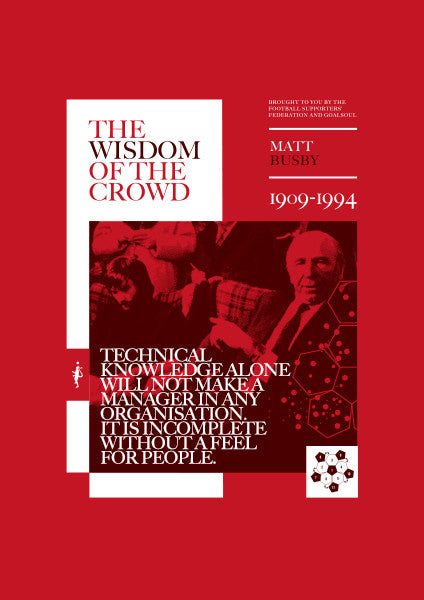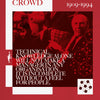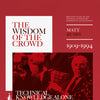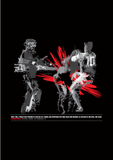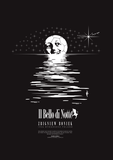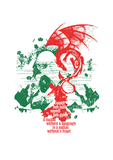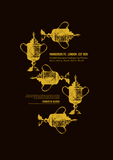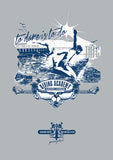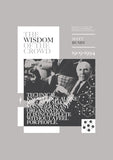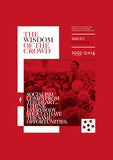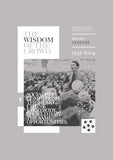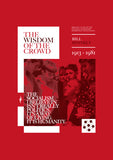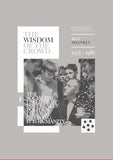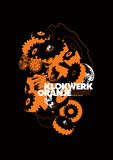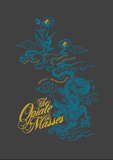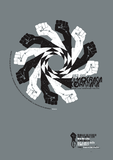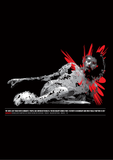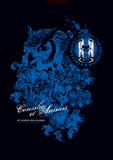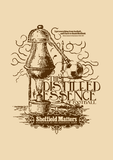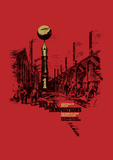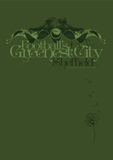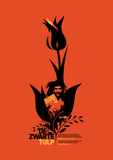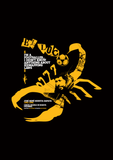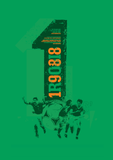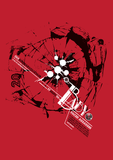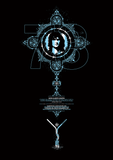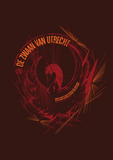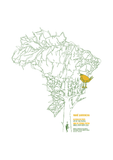The Wisdom of the CrowdMatt Busby (Red Print)
Football's greatest managers knew how much the sport owed to socialism. The very language is socialist – solidarity, unite, goal, come together. In short, football is a socialist sport.
Matt Busby, Bill Shankly and Brian Clough were the embodiment's of the golden age of the socialist manager. The founding principle of their management style was a socialist one, in so much that they vehemently believed that the players as individuals had to defer to the needs of the collective to succeed.
Their teams were socialist in nature, they played for each other, and individual brilliance was subservient to the common good. Most importantly they all achieved incredible success as a result of these guiding principles - both for their respective teams, the supporters, and the communities they served.
Sir Matt managed Manchester United from 1945-69 and gave his name to the famous "Busby Babes" side that was ravaged by the Munich air disaster of 1958. Busby himself suffered multiple injuries in the crash but eventually recovered and built a new United side.
In his own inimitable words:
"Call it confidence, conceit, arrogance, or ignorance, but I was unequivocal about it. At the advanced age of thirty-five I would accept the managership of Manchester United only if they would let me have all my own way. As the manager I would want to manage. I would be the boss. This being so I would not have any excuse if I failed. Nor would I offer any. They could kick me out... But I did think I knew about football and footballers. Technical knowledge alone will not make a manager in any organization. It is incomplete without a feeling for people. Whether the loss of my father had subconsciously given me a feeling of being unprotected, I do not know. Certainly there is some gap for a boy without a father when all other boys around him could talk about theirs incessantly and did."
Definition:
The wisdom of the crowd is the collective opinion of a group of individuals rather than that of a single expert. It is an idea that suggests that large groups of people are collectively smarter than even individual experts when it comes to problem solving, decision making, innovating and predicting. The wisdom of crowds shows how large groups have made superior decisions in pop culture, psychology, biology, behavioural economics and other fields.
Brought to you in partnership with the Football Supporters’ Federation.


